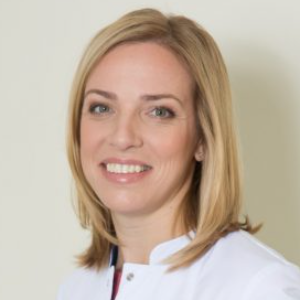Title : Abnormal Embryos: Transfer impossible to disposed of
Abstract:
Today, IVF clinics are competing for pregnancy rates. This competition is on the rise, at clinics' websites displaying increasing figures on laboratory efficiency. This information attracts both patients and insurance companies. The most common indicator used in such reports is PR - the number of pregnancies achieved in relation to embryo transfers. This is a detail where the devil is: embryos at the blastocyst stage, of good morphological quality, and even better, those that have undergone preimplantation genetic diagnosis, are reliably better at implantation. Thus, a large number of women who have started stimulation, received oocytes during the ovarian puncture and even have embryos are simply not allowed to transfer because the embryos do not fulfil the specified criteria. Patients are often informed that the probability of pregnancy through such "low-quality" embryos is extremely low, and the probability of complications (missed abortions, miscarriages, abnormal developments) is high. Certainly intimidated patients are forced to agree to start a new protocol and this is going round in circles. This is not an altogether rare occurrence to see a patient who has undergone 5-6 stimulation programs and has not had a single transfer. My report purpose is to give these babies a chance to be born, even if not with the glorious success rates that I would like to share with the world.
Audience Take Away:
- Understand how poor quality embryos are implanted.
- Find out how pregnancies are carried to term and what kind of babies are born.
- Discuss outstanding issues when working with abnormal embryos.
- There will be presented own data on working with such embryos.
- There will be presented an alternative way of working with patients having the recurring problem of low quality embryos.




